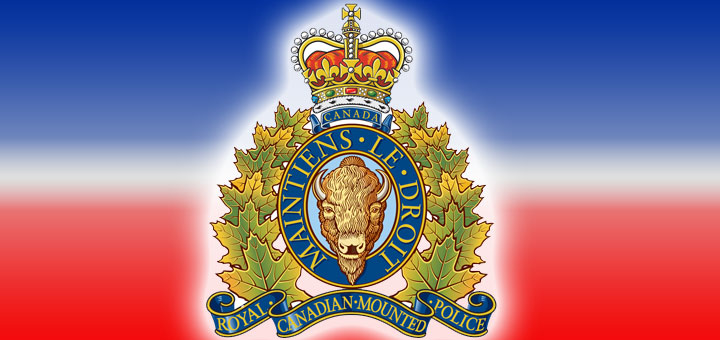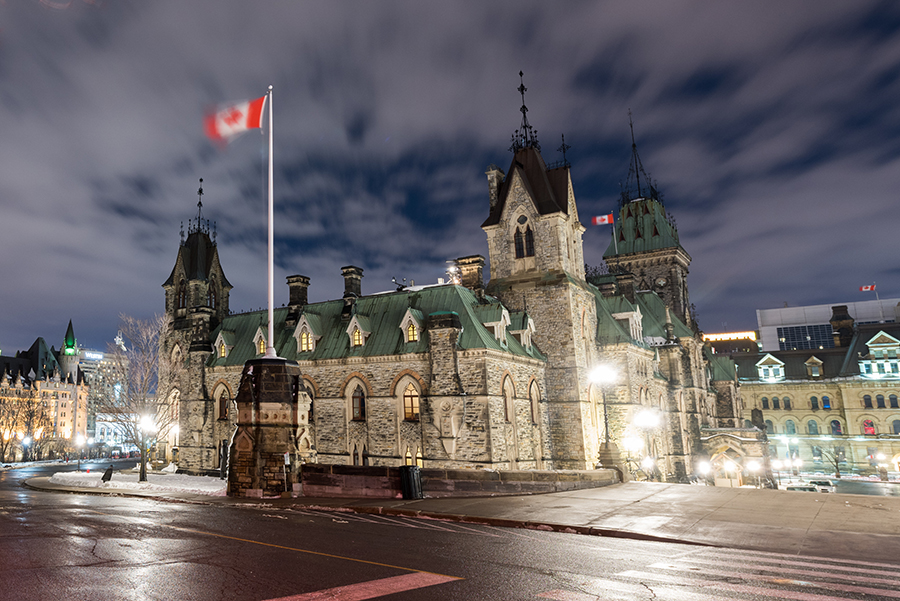‘Geographically diverse’ civilian policing board will not ignore rural interests, says deputy premier
George Lee,
Local Journalism Initiative Reporter
A new civilian board that oversees an expanding Alberta Sheriffs will have the rural perspective in its sights, the minister of public safety and emergency services promised last week.
Deputy Premier Mike Ellis said the board’s membership will be “a geographically diverse array” of Albertans.
“The intention here is to augment and support all police services in Alberta — everything from northern to central to southern Alberta,” he said.
Ellis’s comments follow reports that Premier Danielle Smith told UCP party faithful in Drayton Valley on Aug. 17 that the province is creating a new police service under the sheriffs’ banner.
It’s a path already paved by successive budget allocations, the announcement of north and south surveillance teams in July, and the passage earlier this year of the Public Safety Statutes Amendment Act, 2024.
Irfan Sabir, the NDP’s justice and public safety critic, said in an emailed statement: “Albertans overwhelmingly oppose a provincial police force. But in Alberta we have a premier who, behind closed doors, is promising UCP members she will create one, only months after promising Albertans the issue was dead.”
But Ellis, the member for Calgary-West, said the case is strong for augmenting police services through the Alberta Sheriffs, which already has a history of expanding into more typical policing roles.
“When somebody calls 911, I expect somebody to go to the call. It is unacceptable that in certain areas of rural Alberta there’s nobody working. They don’t have 24/7 coverage. That’s not right.”
He called it his duty as the minister to find “the quickest way to get boots on the ground in order to augment and support any police service.”
RCMP recruitment and staffing shortages persist, with Alberta consistently about 400 officers short of its authorization for 1,900 of them. Multiplied across the country, the shortage is in the thousands, Ellis said.
“Those aren’t small numbers, right?”
The former Calgary Police Service officer continued: “I have nothing but respect for all the constables, corporals, sergeants, the people that are frontline. I was one of them. And I get how hard it is, and I get that when you show up for a shift, it might be only you or a couple of you, and that makes for a very long and very exhausting shift.
“I can’t stress that enough. It’s not the officers. I don’t blame them at all.”
Expansion of Alberta Sheriffs into traditional policing roles is “a natural evolution as more and more communities need help,” he said.
The service began in the early 2000s, when the Court and Prisoner Service was renamed Alberta Sheriffs and expanded into a new area called Sheriff Traffic Operations, the forerunner of today’s Sheriff Highway Patrol.
Alberta Sheriffs are responsible for courthouse security and prisoner transport, traffic and commercial vehicle enforcement on provincial highways, and conservation law enforcement for Fish and Wildlife Services. Sheriffs also provide personal protection for senior provincial government officials, along with security at the legislature and other provincial facilities.
One way rural Albertans benefit is through surveillance of criminal targets provided by the Sheriff Investigative Support Unit. SISU supports police agencies across Alberta, with a primary mandate to work with the RCMP.
Surveillance got an extra boost in July when the province announced the creation of two new, eight-member teams, one for the north and the other for the south. Geared for preventing criminals from targeting farms and rural businesses, the teams activate at the request of local police.
Also under the sheriff umbrella is the Safer Communities and Neighbourhoods unit. SCAN uses legal sanctions and court orders to hold owners responsible for illegal activities on their properties.
Another function of the sheriffs is the Fugitive Apprehension Sheriffs Support Team, or FASST, which helps police services find and arrest wanted criminals.
About 1,160 positions make up the Alberta Sheriffs, and about 1,000 of those are peace officers.
The sheriffs are reaching the point where they need civilian oversight, Ellis said. He emphasized that the board will not have any politician members.
“I believe that less politicians having influence is actually a good thing, not a bad thing.”
For now, the province is assembling an interim board — “and I stress the word interim” — whose sole job is to select a chief for the sheriffs.
The opposition maintains that the government’s policing plans are misguided.
Sabir, the member for Calgary-Bhullar-McCall, acknowledged that Albertans, especially those in rural towns and villages, are concerned about crime.
“But instead of focusing on crime and social determinants of justice such as fixing our health care, or building more schools, or creating good paying jobs, or making life more affordable for everyday Albertans, Danielle Smith is focused on consolidating power and trying to control everything, everywhere,” Sabir said.
“In the best interests of all Albertans, the UCP government must scrap their self-serving plan to replace the RCMP that would see millions in costs downloaded onto municipal budgets and local property taxpayers.”
Sabir’s statement continued: “The UCP’s desire to create a provincial police force is not about addressing public safety. It is the UCP pandering to their base, who only care about picking fights with Ottawa, and adding more costs onto municipalities and onto Albertans.”
But Ellis said: “The people of rural Alberta deserve to have the same rights right now as the people in Calgary, Edmonton, Lethbridge, Medicine Hat or any policing jurisdiction in Alberta.”
George Lee,
Local Journalism Initiative Reporter
The Macleod Gazette






